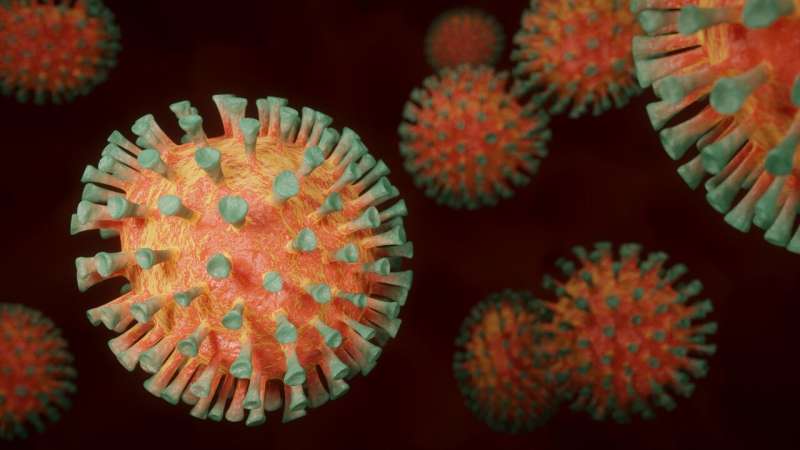Study Finds Women with Alzheimer’s Have Lower Levels of Healthy Fats

New research shows women with Alzheimer’s have lower levels of healthy fats, especially omega-3s, pointing to potential dietary strategies for prevention and management.
Women diagnosed with Alzheimer’s disease tend to have reduced levels of beneficial fats, particularly omega-3 fatty acids, compared to healthy women. A recent study from the UK analyzed lipid profiles in men and women with and without Alzheimer’s, revealing significant differences in women’s lipid levels. Women with the disease showed decreased levels of unsaturated lipids containing omega-3s like DHA and EPA, alongside an increase in unhealthy fats. Interestingly, no similar lipid pattern was observed in men with Alzheimer’s. Researchers suggest that boosting omega-3 intake through foods such as salmon, flaxseed, and edamame may offer protective benefits for women at risk. The study emphasizes the importance of personalized approaches in Alzheimer’s research and highlights potential dietary strategies to support brain health. While more research is needed, these findings underscore the role of lipid health in cognitive decline and disease prevention.
Stay Updated with Mia's Feed
Get the latest health & wellness insights delivered straight to your inbox.
Related Articles
Improving Urban Environments Could Prevent Nearly 1 in 10 Asthma Cases, Large-Scale Study Finds
A large European study reveals that nearly 1 in 10 asthma cases could be prevented through better urban planning, reducing pollution, and increasing green spaces.
Conflicted Attitudes in Arizona County Toward Medicaid Cuts Despite Political Leanings
Residents of Globe, Arizona, show mixed feelings about Medicaid cuts amid rising enrollment and political debates, highlighting the program's vital role in rural communities. Learn how local perspectives reveal the complex landscape of healthcare policy in conservative areas.
Respiratory Infections Can Reactivate Dormant Breast Cancer Cells in the Lungs
New studies reveal that respiratory viruses like COVID-19 and influenza can awaken dormant breast cancer cells in the lungs, increasing metastasis risk in cancer survivors. Insights from mouse models and population data suggest immune responses, particularly IL-6, play a key role, highlighting the importance of preventive measures and targeted therapies.
Innovative Collaboration Enhances Symptom Monitoring for Multiple Sclerosis Patients
A collaborative effort between universities has led to an AI-powered app that passively monitors multiple sclerosis symptoms and predicts depression levels, enabling earlier intervention and personalized care.



